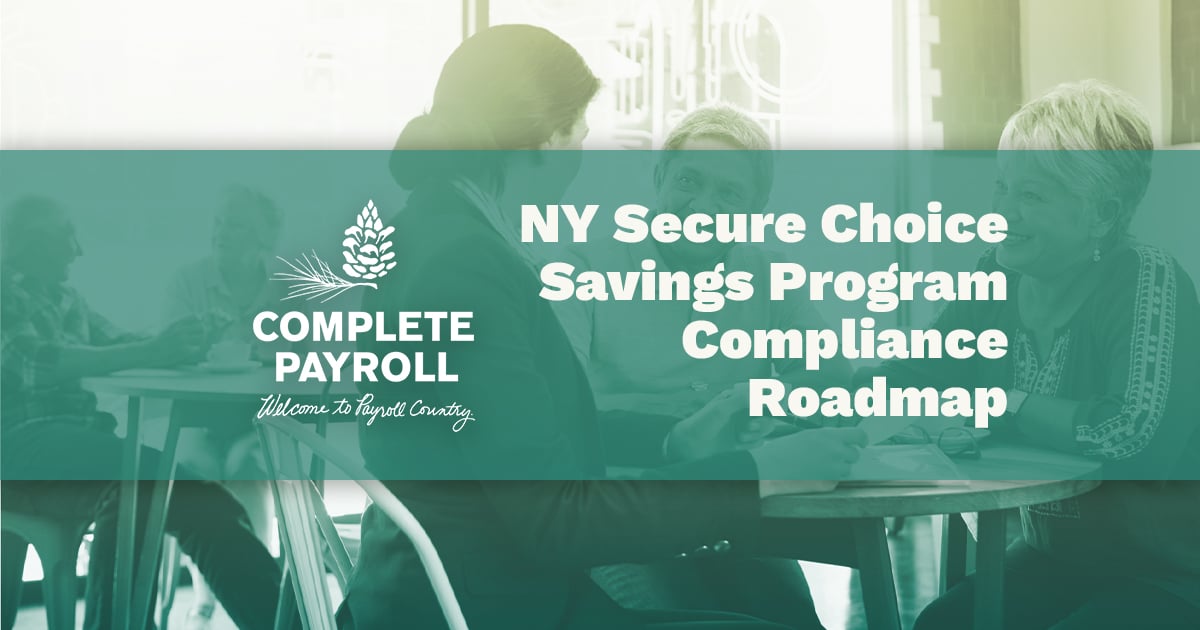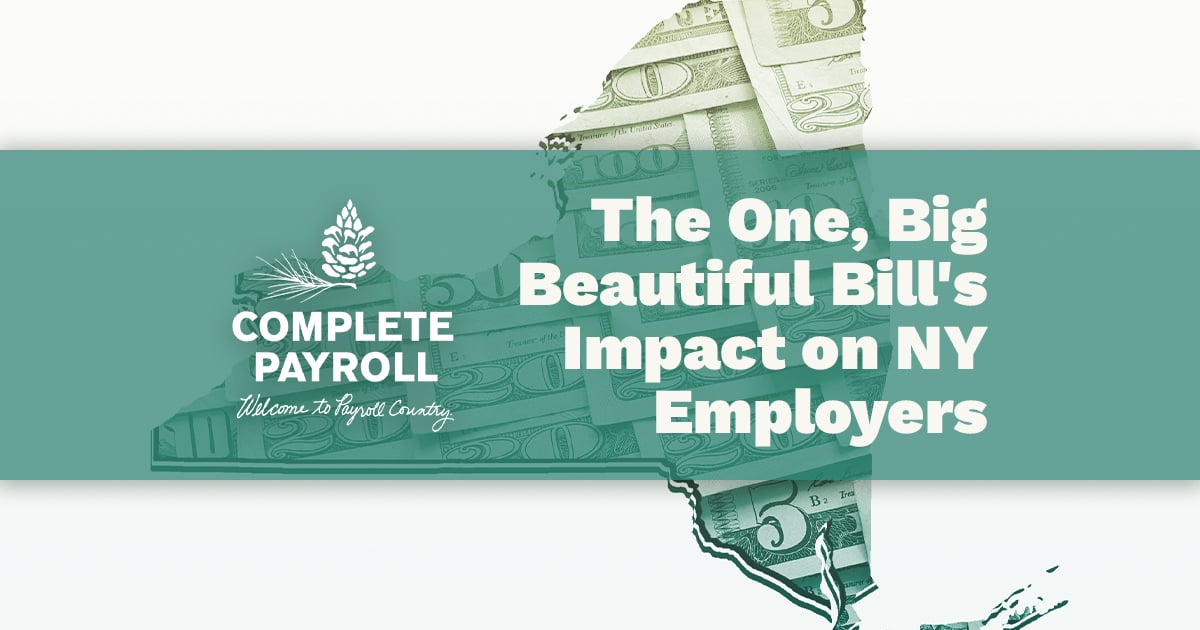In an ongoing effort to bolster employees’ rights, two New York State laws protecting employees’ wages and privacy took effect last week.
NY Privacy Rights Law
On Tuesday, March 12th, New York increased the protection of private and personal online accounts. The law now forbids employers to request access to either a current employee's or an applicant’s personal online accounts. An employer cannot ask, require, or pressure an employee to share private login information, or request to reproduce specific content from their personal electronic accounts.
An electronic personal account includes social media, blogs, podcasts, or any type of account where an employee or employee applicant creates, shares, or views personal content. As an employer, you cannot even ask an employee to pull up their account or ask the employee to login to their personal accounts while the employer is in the room with them.
What Does NY Privacy Law Means For Employers?
It’s crucial that all business owners and managers are updated on this privacy law so that any of your business’s electronic policies can be updated to be in compliance with this upcoming change in New York law. This law serves to protect the privacy rights of employees and applicants; and a lack of compliance on an employer's part can lead to legal issues.
An exception to this law would be requesting access to a current employee’s business account using an internal system through your company. However, employers may have to provide advance notice of their request. If you require employees to share their business login credentials with you, you may want to inform them of this upon hiring to avoid any confusion or miscommunication.
New York’s new wage protection law stands to protect wage payments to employees who are employed in an executive, administrative, or professional capacity. This law affects the amount and method by which wages are paid to these employees.
NY Wage Protection Law Changes
Last week, New York also expanded the wage protection threshold from $900 per week to $1,300 per week.
In the past, the NY State Department of Labor would not hear unpaid wage complaints from employees making more than $900 per week. Claims filed by those employees were required to be brought as a private action in a civil court.
The law change states that the threshold will now increase from $900 to $1,300 weekly. As of last Wednesday, March 13th, if any wages are withheld from one of these employees making $1,300 or less weekly, then their complaint will be brought to the Department of Labor, and they will launch an investigation into recovering owed wages.
The change aims to further prevent wage theft and unlawful holdings by employers. Employees classified by the Department of Labor (DOL) as executives, administrative, or professionals whose wages fall under the threshold are eligible for wage protection.
What NY Wage Protection Law Means For Employers?
Keep in mind that this law doesn’t mean a change in wages for these classified employees; it simply means a change in wage protection and how wage complaints are processed and handled by the Department of Labor.
As an employer, it is important to be aware that wage protection law requires employers to pay these qualifying employees at least semi-monthly and to pay benefits and wage supplements within 30 days of becoming due. For example, if an employee pays for a business expense out of pocket, employers are required to reimburse their employee within 30 days of the expense. Also, advance consent is required for employers to pay their employees through direct deposit.
Why NY Updated Their Labor Law to Protect Employees
Why is New York updating its labor laws? NY is changing their wage protection and employee privacy rights so they can increase employee protection. This change is an effective and important step in increasing an employee's individual privacy rights. Before this, there was no prohibiting law on whether or not employers could request or insist on access to an employee's or applicant's personal electronic accounts.
Compared with New York’s previous laws regarding labor laws, the purpose of this new wage protection change is to provide help for more employees who have experienced wage theft and who are either not consistently paid or only paid once a month.
As a result of the wage protection earnings threshold increasing from $900 to $1,300 weekly, this will make it easier for these classified employees to receive help from the DOL in case of unpaid wages. Keep in mind, the change in this wage protection law simply extends wage payment rules to those making under $1,300 weekly; it doesn’t affect how much an employer must pay their employees.
NY Labor Law Updates Compliance
Most likely, your company already understands the importance of being compliant with new and existing laws to avoid legal repercussions. To ensure compliance with these new law changes, here are a few important next steps you can take:
- Update company policies. Review your policies to see if you need to make any changes, specifically noting if your policy includes requesting access to an employee's or applicant’s personal electronic account.
- Train and communicate with your staff. Ensure everyone knows your new company policies and is aware of these new laws regarding requesting access to employee or applicant personal accounts. Again, this includes not just asking for login credentials, but also asking an employee to login to their account in an employer’s presence, or asking for any reproduction of content from their personal account.
- Your business may also have to implement a new process for paying wages if you pay wages less than twice a month. Remember, under the NY wage protection changes, businesses must now pay their employees semi-monthly.
- Carefully review current NY labor laws as well as these new privacy and wage protection laws to make sure you’re in legal compliance with them.
Compliance Importance
These new laws aim to help employers be more ethical in their dealings with their employees regarding wages and privacy. Over 127,000 employees in New York have been victims of wage theft over the past five years—and most of these wages were never recovered. New York’s wage protection changes should help increase wage theft protection and allow for a smoother recovery for more employees in case wage theft happens.
It’s crucial that all New York businesses update their policies and practices to ensure that they are in compliance with these new laws taking effect on March 12th and March 13th, 2024.
The best next steps are to carefully review these new legal changes and take immediate action, as failure to comply with these new changes can lead to legal repercussions.

















 Get Instant Blog Notifications
Get Instant Blog Notifications


